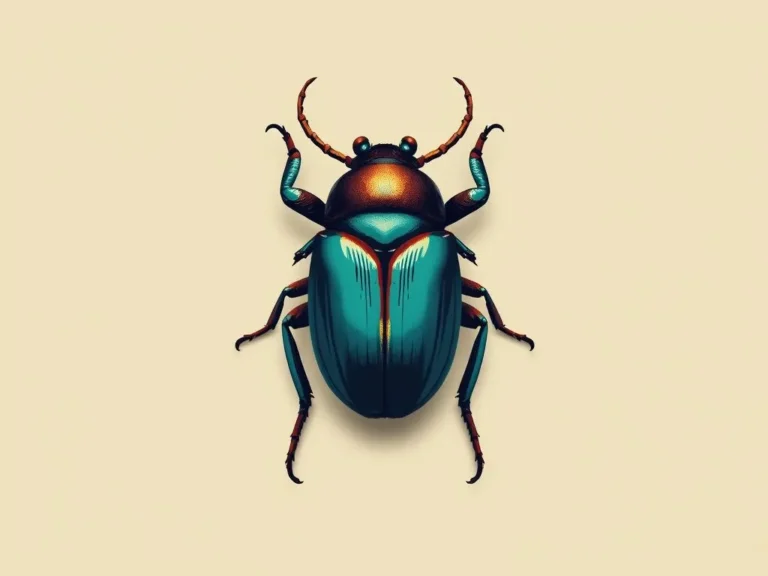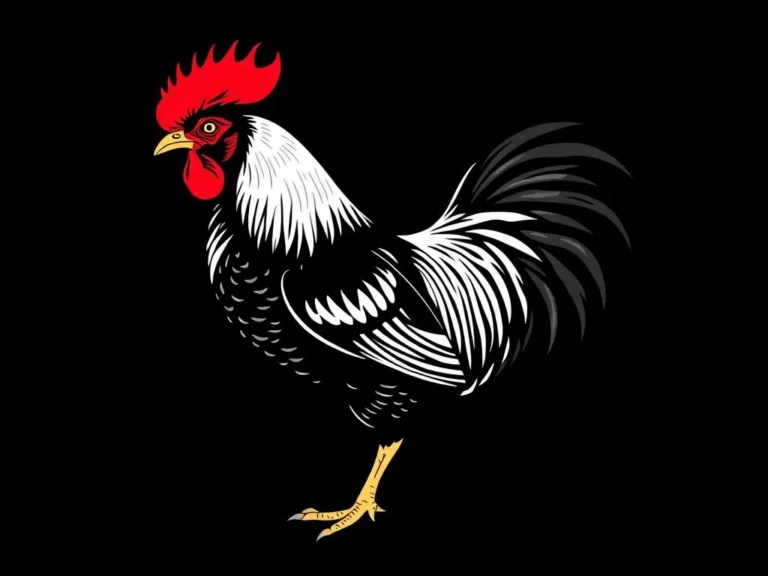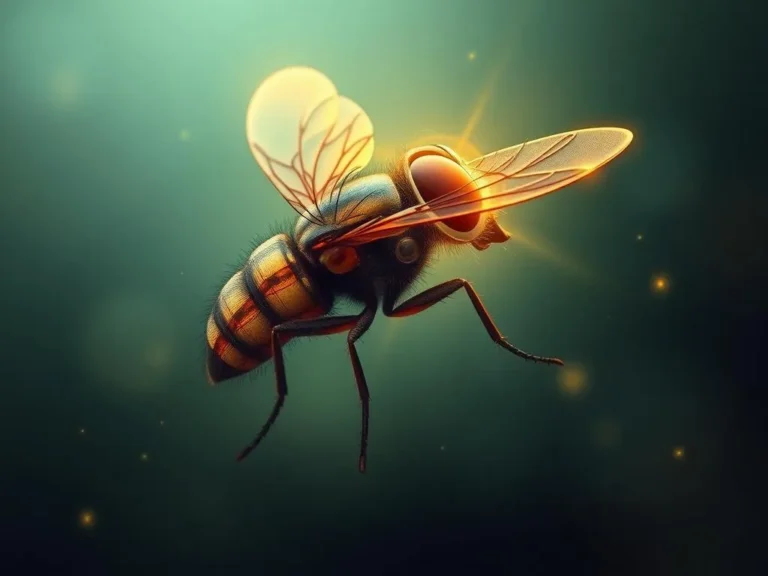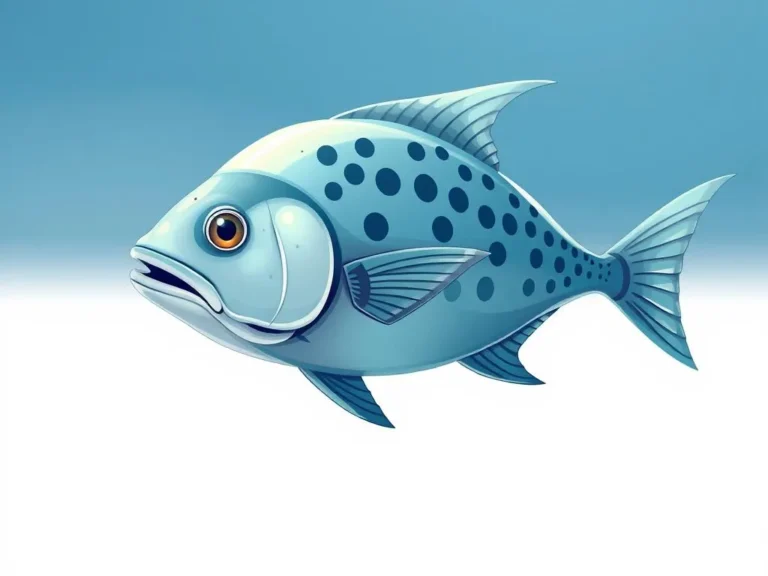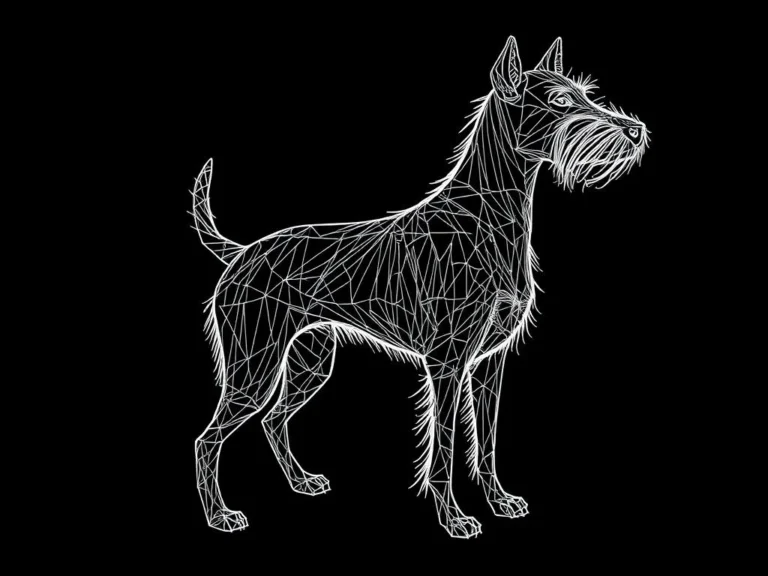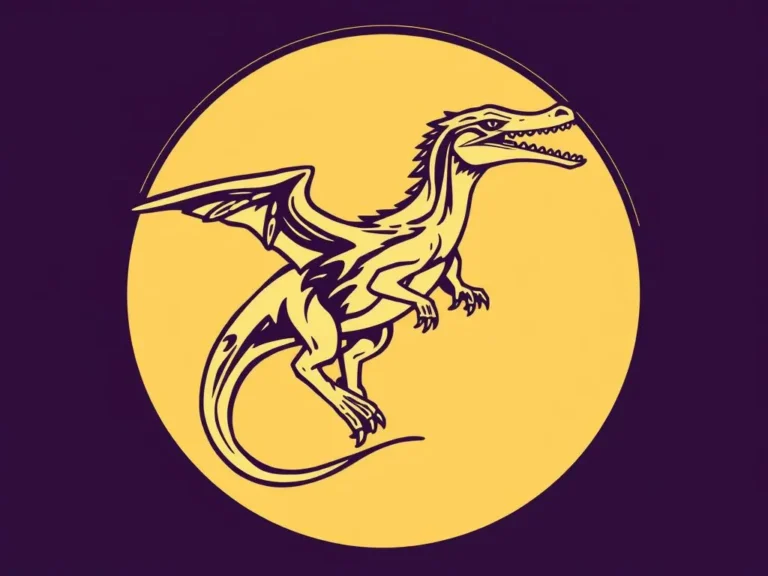Crab Spider Symbolism: Uncovering the Mysteries of This Unique Arachnid
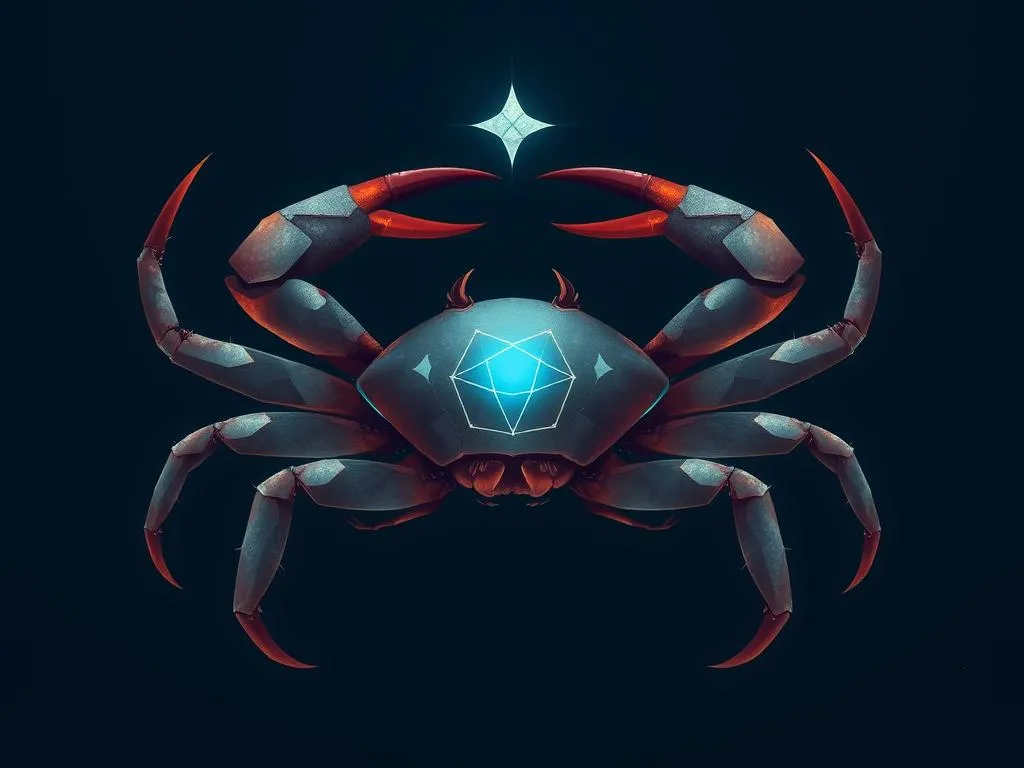
Introduction
The crab spider is a fascinating creature that has long been a subject of intrigue and fascination for many. As a unique member of the arachnid family, the crab spider is known for its distinctive appearance and intriguing behaviors. In the realm of symbolism and spiritual beliefs, the crab spider holds a special place, representing a diverse array of meanings and interpretations. In this article, we will delve into the crab spider symbolism, exploring its significance and what it might mean for those who encounter this remarkable arachnid.
The Crab Spider’s Unique Characteristics
The crab spider is a captivating creature that stands out from other spiders due to its distinctive physical traits. These spiders are known for their lateral movement, which is similar to that of a crab, hence their name. They also possess a compact, rounded body and short, sturdy legs that allow them to move swiftly and efficiently. Additionally, the crab spider is often characterized by its ability to change color, blending seamlessly into its surroundings to ambush unsuspecting prey.
Crab Spider Symbolism in Different Cultures
The crab spider has been the subject of various cultural and spiritual beliefs throughout history. In some traditions, the crab spider is seen as a symbol of adaptability, resilience, and the ability to navigate life’s challenges with grace and agility. Its lateral movement and color-changing abilities are often interpreted as a metaphor for the importance of being able to adapt to changing circumstances and perspectives.
In certain Native American cultures, the crab spider is revered as a symbol of protection, transformation, and the cycles of life. The spider’s ability to blend into its environment is sometimes seen as a representation of the importance of finding balance and harmony within one’s surroundings.
The Crab Spider’s Spiritual Significance
For those who believe in the concept of spirit animals, the crab spider can hold deep significance. A crab spider spirit animal might suggest the need for adaptability, resourcefulness, and a willingness to approach challenges from different angles. It could also indicate a need for introspection, as the crab spider is often associated with the ability to see things from multiple perspectives.
Additionally, the crab spider might represent the importance of patience and observation. Its stealthy hunting techniques and ability to blend into its environment can be interpreted as a reminder to slow down, pay attention, and wait for the right moment to act.
The Crab Spider as a Totem Animal
In some spiritual traditions, the crab spider is revered as a totem animal, a powerful symbol that can provide guidance and insight. Those who feel a strong connection to the crab spider might find that it helps them navigate life’s challenges with greater ease and confidence.
As a totem animal, the crab spider might encourage individuals to embrace their unique strengths and abilities, to be adaptable and resilient in the face of adversity. It could also suggest the need to cultivate a deeper understanding of one’s own thought processes and the ability to see things from multiple perspectives.
Crab Spider Symbolism in Dreams
Dreams involving crab spiders can hold profound meaning and significance. In some cases, the appearance of a crab spider in a dream might represent the need for adaptability, change, or a shift in perspective. It could also suggest the dreamer’s ability to navigate complex situations with grace and agility.
Alternatively, a crab spider dream might symbolize the need for caution, patience, or a more cautious approach to a particular situation. The spider’s lateral movement and ability to blend into its surroundings might be interpreted as a call to slow down, observe, and consider alternative solutions.
The Crab Spider’s Connection to the Element of Water
In some spiritual traditions, the crab spider is associated with the element of water. This connection can be seen in the spider’s lateral movement, which is reminiscent of the ebb and flow of the tides, as well as its ability to thrive in various aquatic environments.
The water element is often linked to emotions, intuition, and the subconscious mind. As such, the crab spider might be seen as a symbol of the importance of emotional intelligence, the ability to navigate the depths of one’s own inner world, and the need to find balance between the rational and the intuitive.
Crab Spider Symbolism and Personal Growth
For those who feel a strong connection to the crab spider, the symbolism of this unique arachnid might represent the need for personal growth and transformation. The crab spider’s ability to adapt, change, and see things from multiple perspectives can be a powerful metaphor for the journey of self-discovery and the process of shedding old patterns and beliefs to make way for new growth.
By embracing the crab spider as a symbol of personal transformation, individuals might find themselves better equipped to navigate the ebbs and flows of life, to approach challenges with a more open and adaptable mindset, and to cultivate a deeper understanding of their own thoughts, emotions, and intuitions.
Conclusion
The crab spider is a truly remarkable creature, and its symbolism holds deep significance for those who are drawn to its unique characteristics and behaviors. Whether you see the crab spider as a spirit animal, a totem, or a symbol of personal growth, exploring its meaning can be a powerful way to gain insight into your own life journey and the ways in which you might navigate the complexities of the world around you.
As you continue to explore the crab spider symbolism, remember to approach it with an open and curious mind. Be willing to consider multiple perspectives, to embrace change and adaptability, and to trust in your own intuition and inner wisdom. By doing so, you may just find that the crab spider has much to teach you about the art of living with grace, resilience, and a deep connection to the rhythms of the natural world.
